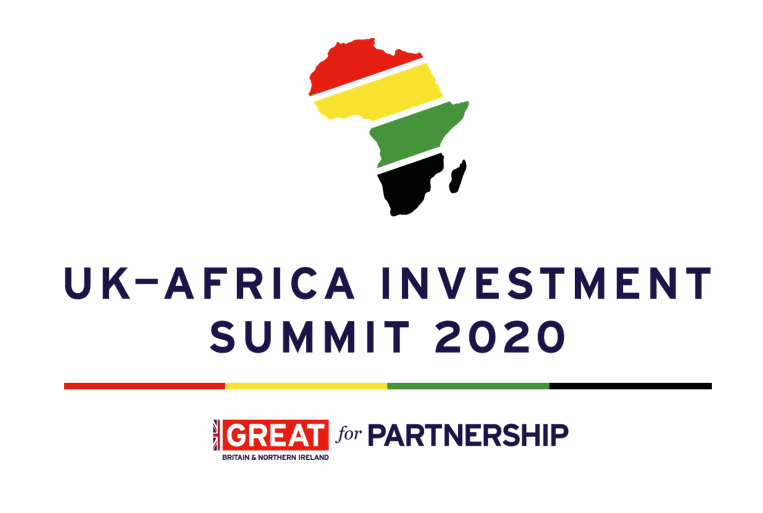With the UK’s looming exit from the European Union scheduled for the end of January, London wants to strengthen its economic ties with the rest of the world, as shown by this first summit to which the British authorities convened on Monday January 20, several African heads of state and government.
Leaving the European Union (EU) on 31 January, London will now have to walk alone and negotiate as an independent entity its new external economic and trade relations, a large part of which has hitherto been the result of agreements between the EU and the rest of the world.
The United Kingdom-Africa Summit on investment held on January 20 in London with the participation of 20 African countries illustrates the willingness to anticipate on the possible effects of this British exit from the EU (Brexit), on the Kingdom’s external economic ties. Through this meeting, Great Britain hopes in particular to obtain a special place in the future investment projects, which are booming in Africa, in particular in the countries of the East and South of the continent.
Before this summit with African countries, London had already sent several emissaries to the continent to lay the foundations for new post-Brexit cooperation. The Minister of State for Foreign and Commonwealth Affairs, also in charge of International Development, particularly for Africa, Andrew Stephenson, visited Angola and Namibia in early January.
Read also: The London Summit will be no different from the others
In his mini-African tour, Stephenson reiterated that his country’s will to “boost” bilateral and commercial cooperation with these two countries after Brexit. According to him, the latter “will not cause disruption, but will give Britain the opportunity to develop independent trade policies.”
This new cooperation offer was approved by the Namibian president who, in a statement, indicated that his country was ready to deepen trade and investment relations with the United Kingdom, while putting forward the position Namibia’s strategic position in the region and the many investment opportunities in services, agriculture and the wildlife and tourism sectors.
At a time when traditional powers and those emerging in Africa are jostling, the British authorities know that it is necessary to act with dispatch and perhaps even faster, at the risk of being overtaken by competitors. Consequently, they signed, since last September, a free trade agreement with six countries in southern Africa: South Africa, Botswana, Namibia, Eswatini , Lesotho and Mozambique.
This so-called SACU+M Agreement, which will replace the current SADC-EU Economic Partnership Agreement (EPA), is expected to allow companies to continue trading on preferential terms after Brexit. “This is an important step as the UK prepares to become an independent trading nation again, and we are helping companies prepare to trade with the most exciting markets in the world,” said the Secretary of International Trade, Liz Truss.
“This agreement in principle, demonstrates our commitment to increase trade with developing countries and to stimulate the economies of southern Africa,” said British High Commissioner for Botswana, Katy Ransome.
According to British government figures, trade between these Commonwealth countries and the United Kingdom amounted to £ 9.7 billion in 2018, with exports of machinery and mechanical devices alone accounting for almost £ 409 million.
According to data from the National Statistics Office, UK direct investment in Africa amounted to more than £ 38 billion in 2018.
Read also: Who benefits from the system of summits with Africa? (chronicle).
When it still was a member of the EU, the UK chose to keep its currency at the expense of the Euro. And in this new adventure it is embarking on, the Pound will undoubtedly be one of the main means to materialize its ambitions on the continent.
“We want to encourage multilateral development banks to lend more in the local currency of the borrower. We will provide support to African countries and businesses to increase the number of first bond issues in local currency, to help them establish a balance sheet and show that they are financially viable,” said Alok Sharma, the Secretary of State for International Development, who organized the UK-Africa Summit,.
The latter thus unveils the UK’s gamble to access financing in local currency, which will give investors more options to stimulate growth in Africa.
ARD/Los/cd/fss/abj/APA


